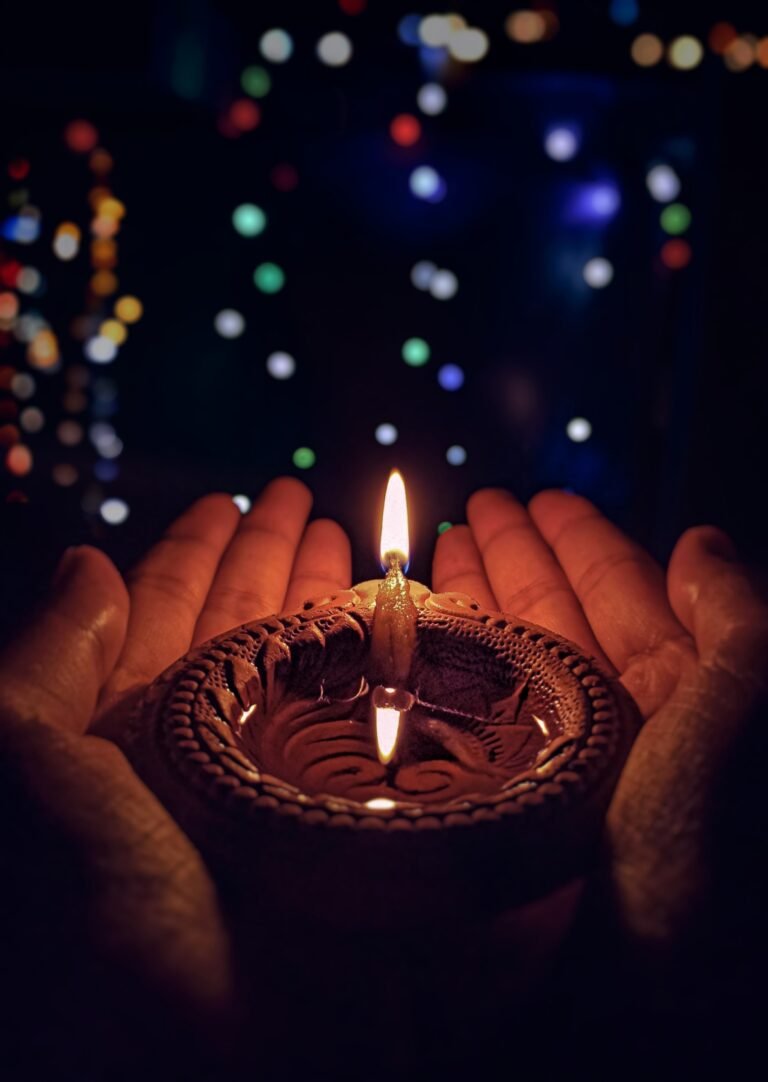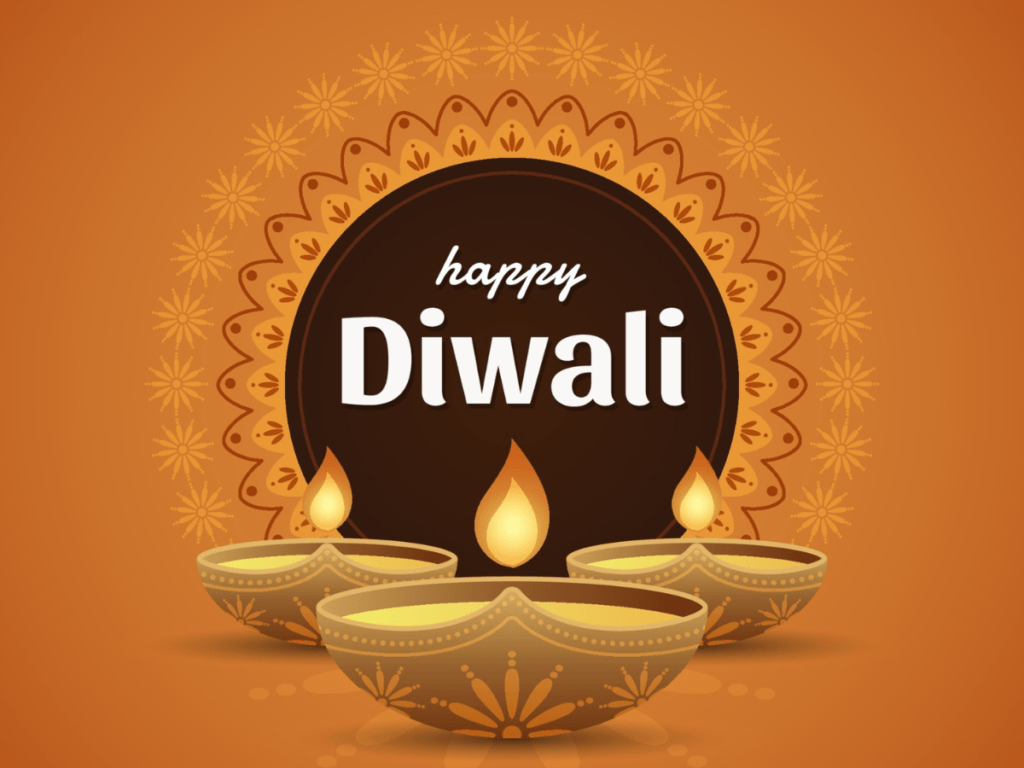Diwali or Dipawali: National Festival of India

Diwali, also known as Dipawali, is one of the most celebrated festivals in India. It is a national festival that signifies the victory of light over darkness and good over evil. The festival is celebrated with great enthusiasm and joy by people of all religions and communities in the country.
Diwali is usually celebrated in the months of October or November, depending on the Hindu lunar calendar. The festival lasts for five days, with each day having its own significance and rituals.
The first day of Diwali is known as Dhanteras, which is considered an auspicious day for buying gold, silver, and other precious items. It is believed that buying these items brings prosperity and good luck.
The second day is called Choti Diwali or Narak Chaturdashi. On this day, people light oil lamps and burst firecrackers to symbolize the victory of Lord Krishna over the demon Narakasura.

The third day is the main day of Diwali, known as Diwali or Deepavali. On this day, people decorate their homes with colorful rangoli designs and light oil lamps called diyas. The night sky is filled with fireworks as people celebrate the triumph of light over darkness.
The fourth day is Govardhan Puja, which is dedicated to Lord Krishna. It is believed that Lord Krishna lifted the Govardhan Hill to protect the people from heavy rains. On this day, people make small hillocks of cow dung and worship them.
The fifth and final day of Diwali is called Bhai Dooj, which celebrates the bond between brothers and sisters. Sisters apply a tilak on their brothers’ foreheads and pray for their well-being.
Diwali is not just about lighting lamps and bursting firecrackers. It is a time for family gatherings, feasts, and exchanging gifts. People clean their homes and decorate them with flowers and lights. They wear new clothes and visit temples to seek the blessings of the deities.
Diwali is also a time for indulging in delicious sweets and snacks. Traditional sweets like ladoos, jalebis, and barfis are prepared and shared with friends and relatives. The air is filled with the aroma of spices as families prepare special dishes like biryani, kheer, and samosas.
However, in recent years, there has been a growing concern about the environmental impact of Diwali celebrations. The bursting of firecrackers leads to air and noise pollution, which can have harmful effects on human health and the environment. Many people are now opting for eco-friendly celebrations by using eco-friendly diyas and avoiding firecrackers.
Diwali is a time of joy, love, and togetherness. It brings people closer and spreads happiness all around. It is a festival that truly reflects the spirit of India and its rich cultural heritage.